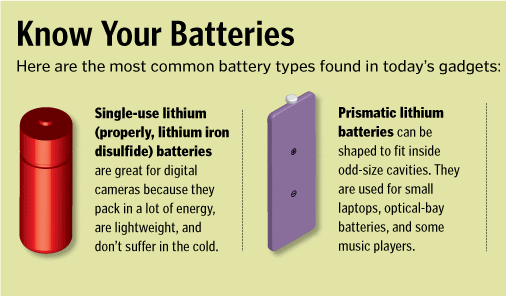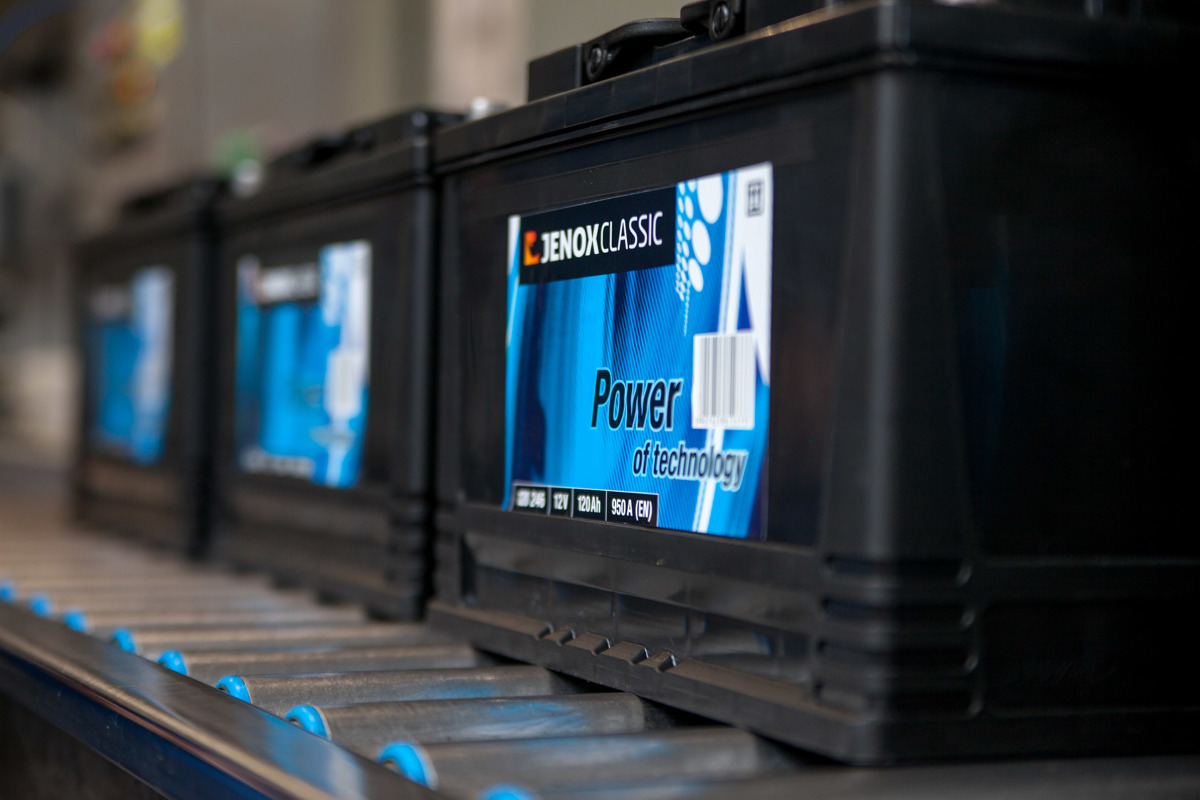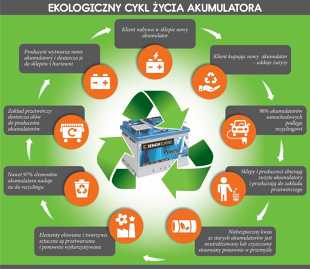
Eco-friendly battery life
 Became. Once again, the car would not start. A dead battery is a common cause of such situations. Over the years, the battery also wears out. Moreover, more and more cars are equipped with electrical appliances. Heated seats, mirrors, steering wheel, DVD player - all this puts an additional burden on the battery.
Became. Once again, the car would not start. A dead battery is a common cause of such situations. Over the years, the battery also wears out. Moreover, more and more cars are equipped with electrical appliances. Heated seats, mirrors, steering wheel, DVD player - all this puts an additional burden on the battery.
Before we go to the mechanic to confirm our suspicions that the car won't start, we can test at home to see if the battery is really the cause of the problem. It is enough to turn the keys in the ignition and check if the lights on the dashboard light up. If after some time they go out and no equipment using battery current is working, it is very possible that he is to blame for this situation.
– Often the reason for the battery draining too fast is that customers do not read the instruction manual and cannot properly care for the battery. Insufficient charge is the main cause of battery death, says Andrzej Wolinski from Jenox Accu.
For proper operation of the battery, its voltage must be at least 12,7 volts. If it is, for example, 12,5 V, the battery should already be charged. One of the causes of battery failure is excessive battery voltage drop. Batteries last approximately 3-5 years. It all depends on how you use it.
You don't give up - you pay
Batteries are special products that, if left alone, can pose a threat to both the environment and human life. Therefore, we cannot throw them in the trash.
 Used batteries are classified as hazardous waste containing elements with toxic and corrosive properties. Therefore, they cannot be left anywhere.
Used batteries are classified as hazardous waste containing elements with toxic and corrosive properties. Therefore, they cannot be left anywhere.
– This issue is regulated by the Law on Batteries and Accumulators, which imposes an obligation on sellers to accept used batteries free of charge from anyone who reports such batteries, explains Ryszard Vasilyk, director of the internal market at Jenox Montażatory.
At the same time, this means that since January 2015, this law obliges every user of a car battery to return used batteries, including to retailers or manufacturers of this type of equipment.
- Moreover - the retailer is obliged to charge the buyer the so-called. a deposit of PLN 30 for each purchased battery. This fee is not charged when a customer comes to a store or service with a used battery, adds Vasylyk.
At any point of sale of lead-acid car batteries, the seller must inform the buyer of the applicable regulations. The buyer has 30 days to return the used battery and receive a deposit.
“We clearly see that, thanks to these regulations, used batteries do not litter Polish forests and meadows,” says Ryszard Wasylyk.
This is noticed by both the municipal police and the eco-patrols dealing with wild dumps.
“Unfortunately, we are still fighting illegal dumps, for example here in Poznań. In roadside forests, in abandoned areas, people store various types of waste - household waste, household appliances. Car parts from illegal workshops are most often abandoned. Surprisingly, for several years now we have not seen batteries being thrown away as they used to be. The change in law meant that it was simply not profitable for people to throw away their batteries, says Przemysław Piwiecki, a spokesman for the municipal police in Poznań.
Second battery life
The manufacturer of lead-acid batteries is obliged to transfer them for further processing and disposal. In order to efficiently collect and properly dispose of waste, car battery companies such as Jenox Accu have set up several hundred waste car battery collection points through their network of service distribution centers. However, not everyone is convinced by environmental or economic arguments. In view of them, the legislator provided for sanctions.
For those who are not convinced by either environmental or economic arguments, the legislator has provided for sanctions. Both manufacturers and sellers and users who do not follow the rules for handling batteries are subject to fines.
